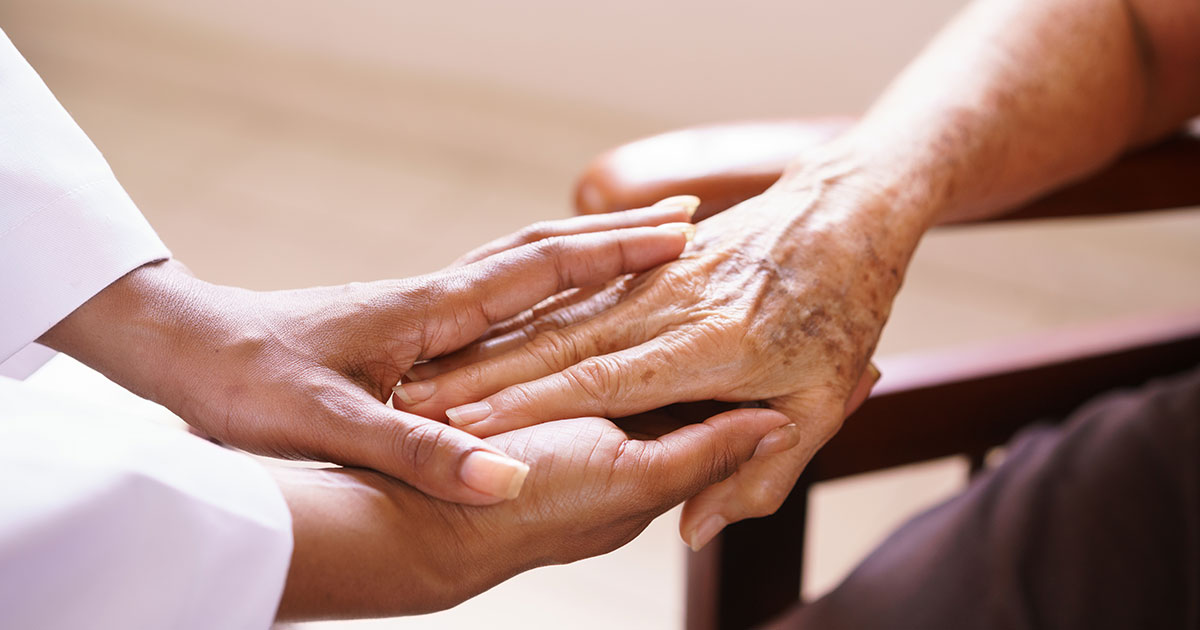According to Worldwide Hospice Palliative Care Alliance, World Hospice and Palliative Care Day is an annual, unified day of action to celebrate and support hospice and palliative care around the world. This year, World Hospice and Palliative Care Day falls on October 9th, 2021, and the theme is "Leave no-one behind - equity in access to palliative care."
Hospice and palliative care clinicians provide care to patients during their final days and often leave a lasting impact on the family and friends these patients leave behind. Below is the story of LocumTenens.com clinician Jeanne Markham ARNP, FNP-C and her journey to palliative care.

I didn’t grow up with any ambition to be in health care. A child of the 60s, I knew what I didn’t want. My junior year of college, I had an attack of pragmatism and decided I needed a degree that would help me get a job. Nursing seemed to be the most attainable route, so I applied, was accepted, and graduated the program.
Several of my classmates were recruited before graduation. As always, there was competition for new graduates. I went to work in a large, urban, tertiary care hospital. I had no idea what “kind” of nurse I wanted to be yet; I just needed a job. I ended up working in GYN oncology and fell in love with the stimulation and challenge of coping with complex, life-threatening illnesses.
After several years of caring for patients dying in the hospital, I developed a distinct philosophy about caring for them. One woman told me her husband was “Not a throw-away man.” I realized that none of these people were “throw-away” people just because we couldn’t cure them. They deserved the dignity of personhood until the last breath.
That’s about the time I left inpatient care for hospice work. It was great. I had the knowledge to understand the disease processes, the maturity to deal with frequent patient deaths and the time to provide the type of care I wished to provide.
Health care education teaches us to help people get well. To save lives. To prevent injury. It doesn’t do so good a job at teaching us that a patient’s comfort followed by a peaceful death is not a failure on our part. Even so, over the years I pursued higher education until I obtained a master’s degree as a family nurse practitioner.
Palliative care is for a specific stage of life, and it requires a specific mindset. To be successful, one must be able to tolerate ambiguity, be present in times of conflict and intense emotion, and be willing to walk alongside someone (metaphorically and sometimes physically) and hold their hand as they make the final journey.
When others find out you do this kind of work, they almost invariably say something like “you must be an angel to do that.” I don’t quite know how to explain that I get far more back from patients and families than I give of myself. I am honored and blessed to be allowed to be present at this time of transition and I wouldn’t do anything else.





